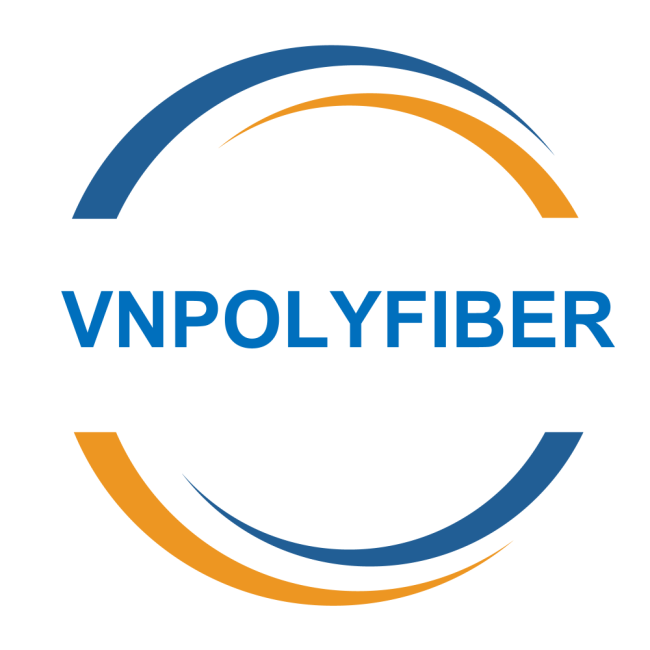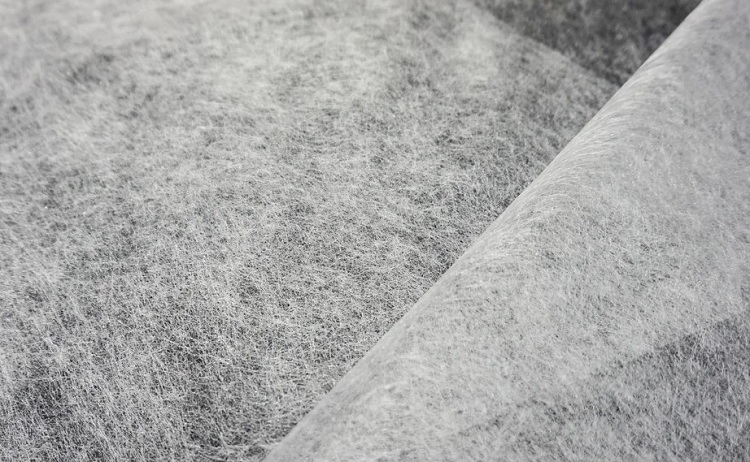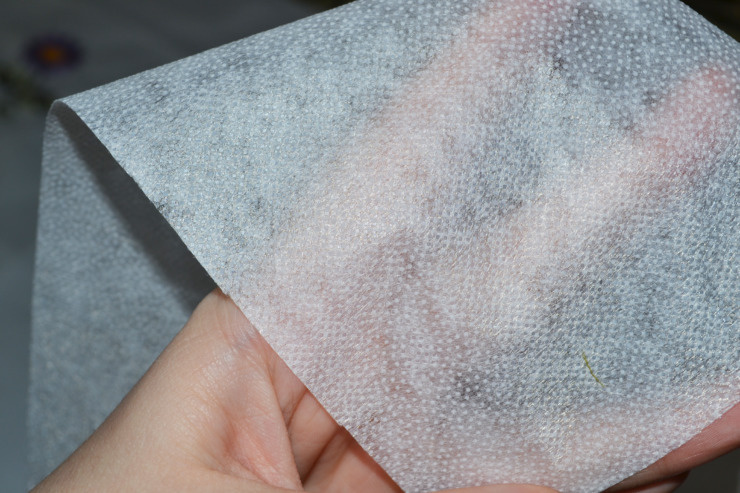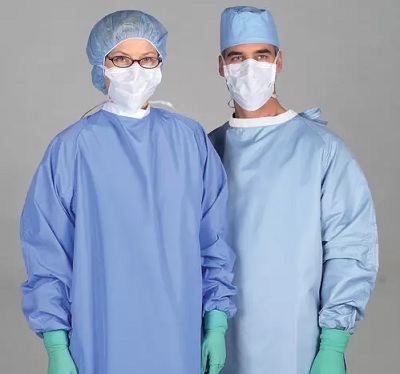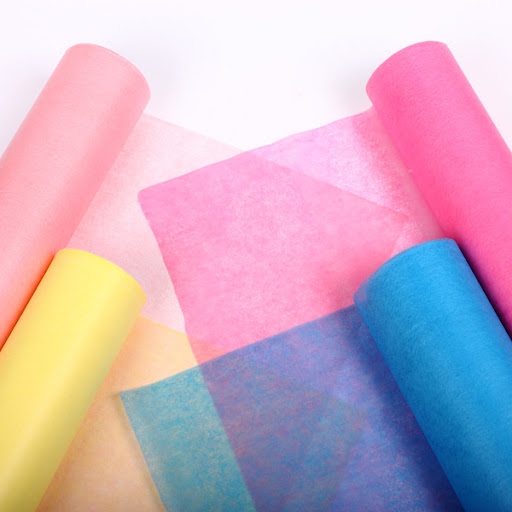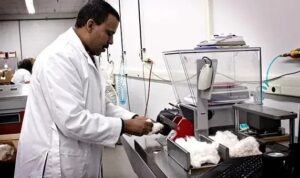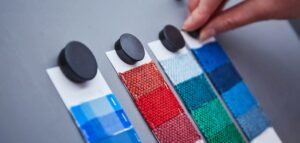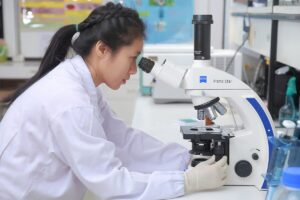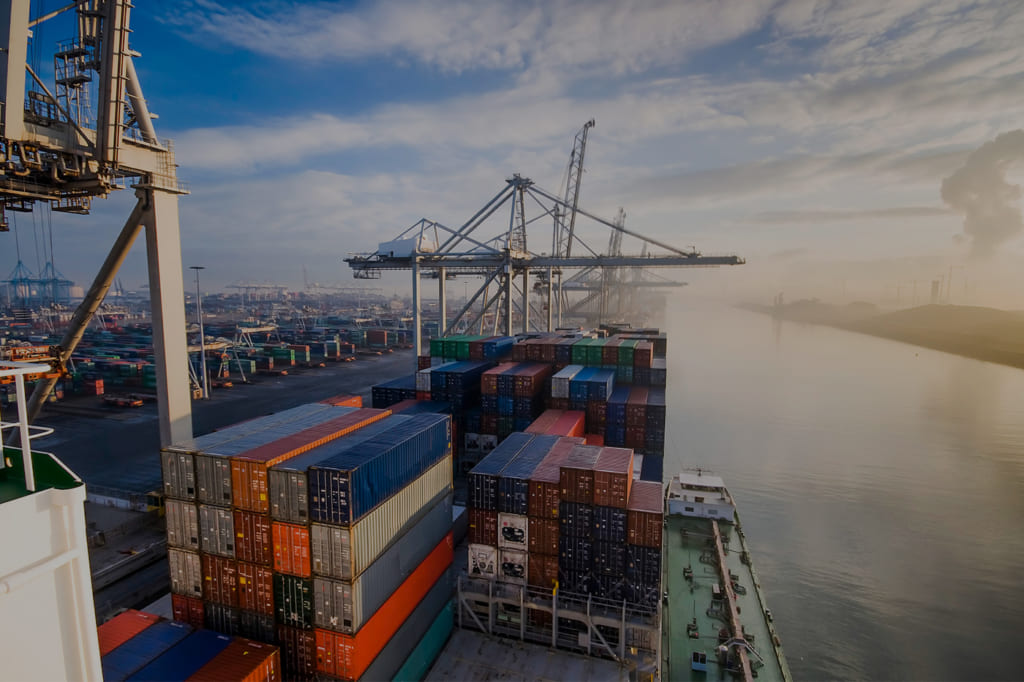What is Polyester nonwoven ?
Polyester nonwoven fabrics are a type of nonwoven material made from polyester fibers. These fabrics are known for their strength, durability, and versatility, making them suitable for a wide range of applications.
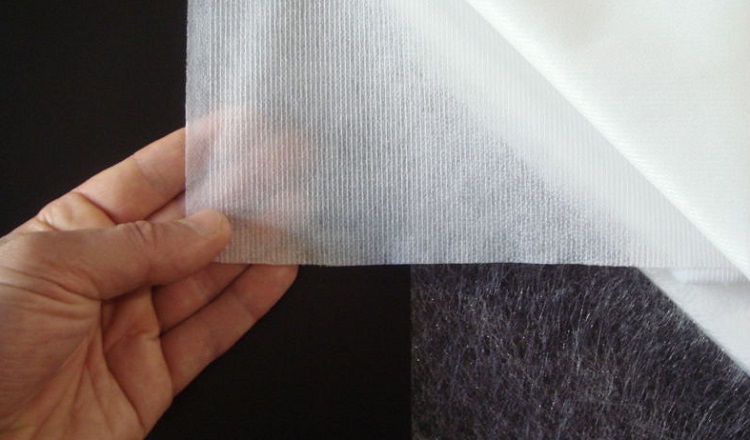
Production Process
- Fiber Preparation:
- Polyester Fibers: The primary raw material is polyester, which can be in the form of staple fibers (short fibers) or continuous filaments.
- Blending: Polyester can be blended with other fibers to achieve specific properties such as improved softness or absorbency.
- Web Formation:
- Carding: For staple fibers, carding machines open, align, and layer the fibers into a web.
- Air Laying: Fibers are dispersed in an air stream and deposited onto a moving belt to form a uniform web.
- Spunbonding: For continuous filaments, the fibers are extruded, stretched, and laid down directly to form a web.
- Bonding:
- Thermal Bonding: Heat is applied to melt and bond the fibers together. This can be done through calendar bonding (heated rollers) or through-air bonding (heated air).
- Chemical Bonding: A chemical binder is applied to the web and then cured to bond the fibers.
- Mechanical Bonding: Fibers are physically entangled through processes like needle punching or hydroentanglement (spunlace).
- Needle Punching: Barbed needles punch through the fiber web to entangle the fibers and create a cohesive fabric.
- Finishing:
- Heat Setting: The bonded web may be heat-set to stabilize its dimensions and properties.
- Chemical Treatments: Additional treatments such as water repellency, flame retardancy, or antimicrobial finishes can be applied.
Characteristics of Polyester Nonwovens
- Strength and Durability: Polyester fibers provide high tensile strength and resistance to tearing and abrasion.
- Dimensional Stability: The fabric maintains its shape and structure under stress and in various environmental conditions.
- Resistance to Chemicals and Moisture: Polyester is resistant to many chemicals, mildew, and moisture, making it suitable for a variety of applications.
- Versatility: The fabric can be engineered to have specific properties such as softness, stiffness, or absorbency by adjusting the production process and fiber blends.
- Recyclability: Polyester nonwovens can be made from recycled polyester, contributing to sustainability efforts.
Applications
- Hygiene Products:
- Diapers: Used in the top sheet and back sheet for their softness, strength, and moisture resistance.
- Sanitary Napkins: Provides absorbency and structural integrity.
- Medical Products:
- Surgical Gowns and Drapes: Offers barrier properties and comfort.
- Face Masks: Used in layers for filtration and support.
- Automotive:
- Interior Linings: Used for trunk linings, headliners, and seat backings due to their strength and dimensional stability.
- Carpet Backing: Provides stability and durability in automotive carpeting.
- Construction:
- Geotextiles: Employed in soil stabilization, erosion control, and drainage applications.
- Roofing and Insulation: Used in roofing membranes and insulation materials for added strength and durability.
- Industrial Applications:
- Filtration: Used in air and liquid filtration systems for their stability and durability.
- Insulation: Provides thermal and acoustic insulation in various industrial applications.
- Consumer Goods:
- Disposable Wipes: Used for cleaning and personal care due to their absorbency and strength.
- Home Textiles: Used in products like mattress covers, furniture linings, and tablecloths for their durability and ease of care.
- Agriculture:
- Crop Covers: Protects crops from environmental elements while allowing air and moisture to pass through.
- Weed Control Fabrics: Prevents weed growth and aids in soil moisture retention.
Advantages of Polyester Nonwovens
- High Strength and Durability: Suitable for demanding applications requiring robust materials.
- Resistance to Moisture and Chemicals: Ideal for applications where exposure to moisture and chemicals is a concern.
- Customizability: Can be engineered to meet specific requirements through adjustments in fiber blends, bonding methods, and finishing treatments.
- Cost-Effective: Efficient production processes make polyester nonwovens cost-effective for a wide range of applications.
- Sustainability: Can be made from recycled materials and is recyclable, supporting environmental sustainability.
Disadvantages of Polyester Nonwovens
- Heat Sensitivity: Polyester fibers can melt at high temperatures, which may limit their use in certain high-heat applications.
- Environmental Concerns: While recyclable, polyester is a synthetic polymer derived from petrochemicals, raising concerns about its environmental impact.
- Limited Absorbency: Polyester fibers are not as absorbent as some natural fibers, which may limit their use in certain absorbent products without additional treatment or blending with other fibers.
Key Considerations
- Fiber Selection and Blending: The choice and blend of fibers are crucial for achieving the desired properties such as strength, softness, and absorbency.
- Bonding Methods: Different bonding techniques (thermal, chemical, mechanical) will impact the fabric’s characteristics and performance.
- End-Use Requirements: The specific needs of the application will dictate the selection of fibers, bonding methods, and any additional finishing processes.
Polyester nonwoven fabrics are versatile, strong, and durable materials suitable for a wide range of applications across various industries. Their customizable properties and efficient production processes make them an important component in many products, from hygiene and medical supplies to automotive, construction, and consumer goods.
What is PP nonwoven ? What is Polypropylene nonwoven?
Polypropylene nonwoven fabrics are widely used in various industries due to their excellent properties such as strength, durability, and resistance to moisture and chemicals. Polypropylene, a type of thermoplastic polymer, is particularly suitable for nonwoven fabric production due to its low cost, versatility, and ability to be easily processed.
Production Process
- Fiber Preparation:
- Polypropylene Fibers: The primary raw material is polypropylene, which can be in the form of staple fibers (short fibers) or continuous filaments.
- Web Formation:
- Spunbonding: Polypropylene is melted and extruded through spinnerets to form continuous filaments, which are then cooled and stretched to align the fibers and increase their strength. The filaments are laid down on a moving conveyor belt to form a web.
- Meltblowing: Molten polypropylene is extruded through fine nozzles and blown by high-speed air to create microfibers, which are collected on a conveyor belt to form a web. Meltblown fabrics are typically finer and have better filtration properties compared to spunbonded fabrics.
- Bonding:
- Thermal Bonding: Heat is applied to melt and bond the fibers together. This can be done through calendar bonding (heated rollers) or through-air bonding (heated air).
- Chemical Bonding: A chemical binder can be applied to the web and then cured to bond the fibers.
- Mechanical Bonding: Fibers are physically entangled through processes like needle punching or hydroentanglement (spunlace).
- Finishing:
- Heat Setting: The bonded web may be heat-set to stabilize its dimensions and properties.
- Chemical Treatments: Additional treatments such as water repellency, flame retardancy, or antimicrobial finishes can be applied.
Characteristics of Polypropylene Nonwovens
- High Strength and Durability: Polypropylene fibers provide excellent tensile strength and resistance to tearing and abrasion.
- Lightweight: The fabric is lightweight, making it suitable for applications where weight is a concern.
- Resistance to Moisture and Chemicals: Polypropylene is hydrophobic, meaning it repels water, and is resistant to many chemicals, making it ideal for various applications.
- Breathability: The fabric can be engineered to provide good air and moisture permeability.
- Cost-Effective: Polypropylene is relatively inexpensive, and the production process is efficient, making the fabric cost-effective.
Applications
- Hygiene Products:
- Diapers: Used in the top sheet and back sheet for their softness, strength, and moisture resistance.
- Sanitary Napkins: Provides absorbency and structural integrity.
- Medical Products:
- Surgical Gowns and Drapes: Offers barrier properties and comfort.
- Face Masks: Used in layers for filtration and support.
- Protective Clothing: Used in disposable medical clothing due to its barrier properties and lightweight nature.
- Agriculture:
- Crop Covers: Protects crops from environmental elements while allowing air and moisture to pass through.
- Weed Control Fabrics: Prevents weed growth and aids in soil moisture retention.
- Construction:
- Geotextiles: Used in soil stabilization, erosion control, and drainage applications.
- Roofing and Insulation: Provides added strength and durability in roofing membranes and insulation materials.
- Industrial Applications:
- Filtration: Used in air and liquid filtration systems for their stability and efficiency.
- Packaging: Used in various packaging materials for its strength and resistance to moisture and chemicals.
- Consumer Goods:
- Disposable Wipes: Used for cleaning and personal care due to their absorbency and strength.
- Home Textiles: Used in products like mattress covers, furniture linings, and tablecloths for their durability and ease of care.
Advantages of Polypropylene Nonwovens
- High Strength and Durability: Suitable for demanding applications requiring robust materials.
- Moisture and Chemical Resistance: Ideal for applications where exposure to moisture and chemicals is a concern.
- Cost-Effective: Efficient production processes make polypropylene nonwovens cost-effective for a wide range of applications.
- Lightweight and Breathable: Suitable for applications where lightweight and breathable materials are needed.
Disadvantages of Polypropylene Nonwovens
- Heat Sensitivity: Polypropylene fibers can melt at high temperatures, which may limit their use in certain high-heat applications.
- Environmental Concerns: Polypropylene is a synthetic polymer derived from petrochemicals, raising concerns about its environmental impact. However, it is recyclable.
- Limited Absorbency: Polypropylene fibers are hydrophobic and do not absorb water well, which may limit their use in certain absorbent products without additional treatment.
Key Considerations
- Fiber Selection and Blending: The choice and blend of fibers are crucial for achieving the desired properties such as strength, softness, and absorbency.
- Bonding Methods: Different bonding techniques (thermal, chemical, mechanical) will impact the fabric’s characteristics and performance.
- End-Use Requirements: The specific needs of the application will dictate the selection of fibers, bonding methods, and any additional finishing processes.
Polypropylene nonwoven fabrics are versatile, strong, and durable materials suitable for a wide range of applications across various industries. Their customizable properties and efficient production processes make them an important component in many products, from hygiene and medical supplies to automotive, construction, and consumer goods.
